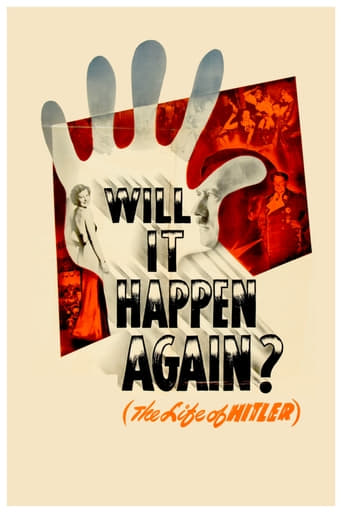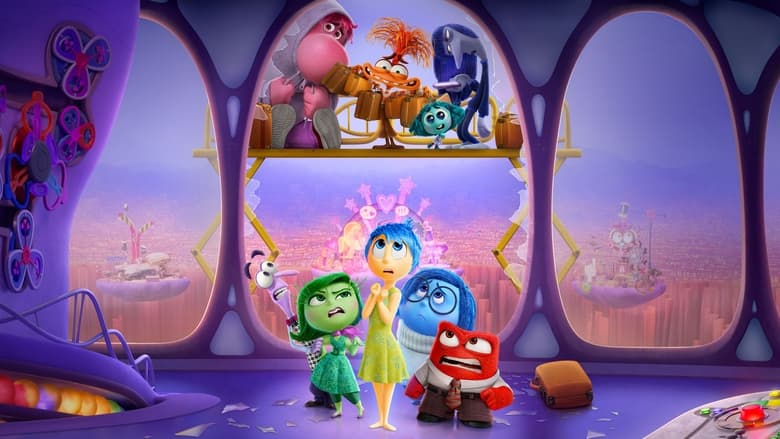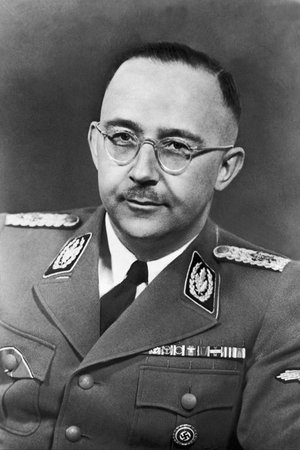
Heinrich Himmler
Birthday: 1900-10-07
Place of Birth: München, Germany
Synopsis
Heinrich Luitpold Himmler ( 7 October 1900 – 23 May 1945) was Reichsführer of the SS, a military commander, and a leading member of the Nazi Party. As Chief of the German Police and later the Minister of the Interior, Himmler oversaw all internal and external police and security forces, including the Gestapo (Secret State Police). Serving as Reichsführer and later as Commander of the Replacement (Home) Army and General Plenipotentiary for the entire Reich's administration (Generalbevollmächtigter für die Verwaltung), Himmler rose to become one of the most powerful men in Nazi Germany as well as one of the persons most directly responsible for the Holocaust. As overseer of the concentration camps, extermination camps, and Einsatzgruppen (literally: task forces, often used as killing squads), Himmler coordinated the killing of some six million Jews, between 200,000 and 500,000 Roma, many prisoners of war, and possibly another three to four million Poles, communists, or other groups whom the Nazis deemed unworthy to live or simply "in the way", including homosexuals, people with physical and mental disabilities, Jehovah's Witnesses and members of the Confessing Church. Shortly before the end of the war, he offered to surrender both Germany and himself to the Western Allies if he were spared prosecution. After being arrested by British forces, he committed suicide before he could be questioned.
Description above from the Wikipedia article Heinrich Himmler licensed under CC-BY-SA, full list of contributors on Wikipedia.
Acting
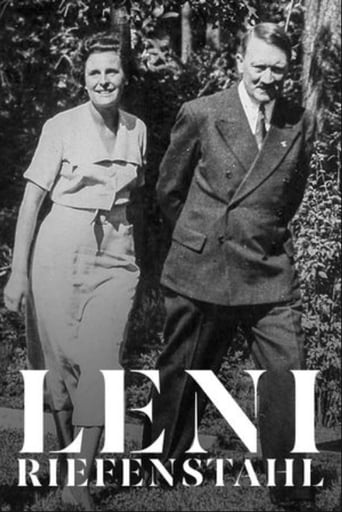
Leni Riefenstahl - The End of a Myth
as Self (archive footage) (uncredited)
Countless people around the world know the pictures from Leni Riefenstahl's films, even if they have not seen them in their entirety. The work of the German director has burned itself into the collective memory. Even decades after the end of the Nazi era, she showed no remorse and presented herself as an apolitical, naive follower of the Nazi criminal regime. Her artistic service for the cinema was always recognized. But book author Nina Gladitz shows after decades of research that Hitler's favorite filmmaker was not only a follower, but also a perpetrator during the Third Reich, who instrumentalized other filmmakers such as the brilliant cinematographer Willy Zielke in order to gain fame for herself.
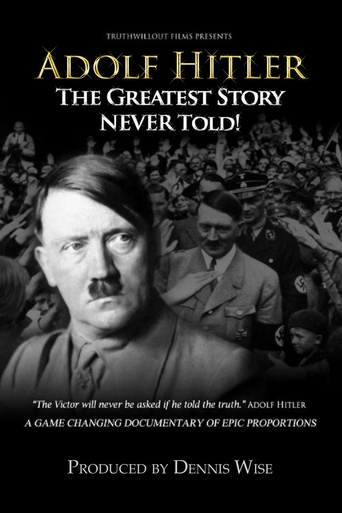
Adolf Hitler: The Greatest Story Never Told
as Himself
Far outside what's normally taught as "history", this 6-hour documentary attempts to explain what's normally glossed over - Germany's actions prior to WWII, Hitler's popularity, the support of the Nazis by the Germans, the basis for hardline Nazi stances against Jews, and why Nazism was such a danger to the established world powers. It chronicles the German WWI defeat, communist attempts to take over Germany; hyperinflation during the Weimar Republic, widespread unemployment and misery that served as the foundation of Nazi principles, and Hitler’s amazing rise to power. It also reveals a personal side of Hitler: his family background, his artwork and struggles, and what motivated him to pursue a career in politics. While open to criticism for being "pro-Nazi" in its perspectives, the documentary does present many factual foundations for those perspectives, highlighting an endless list of hypocrisies and double-standards imposed on Germany in the years before, during, and after WWII.
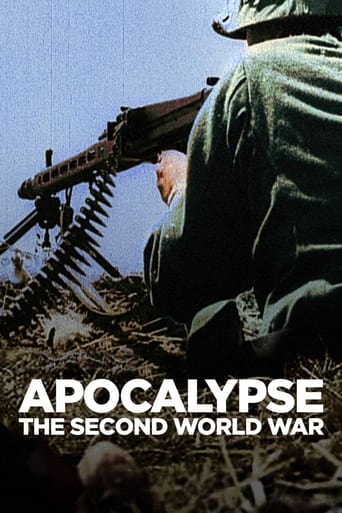
Apocalypse: The Second World War
as Self (archive footage)
A six-part French documentary about the Second World War composed exclusively of actual footage of the war as filmed by war correspondents, soldiers, resistance fighters and private citizens. The series is shown in color, with the black and white footage being fully colorized, save for some original color footage. The only exception to the treatment are most Holocaust scenes, which are presented in the original black and white.

Night and Fog
as Self (archive footage) (uncredited)
Filmmaker Alain Resnais documents the atrocities behind the walls of Hitler's concentration camps.
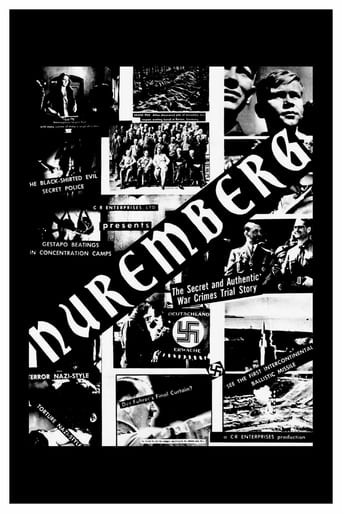
Nuremberg: Its Lesson for Today
as Self
How, in November 1945, after the end of the World War II and the fall of the Third Reich, the international prosecutors participating in the first Nuremberg trial —formally, the International Military Tribunal— built their case against the top Nazi war criminals using the films and records produced by the own regime, obsessed with documenting everything in its long path of infamy and crime.
![]()
Will It Happen Again?
as Self (archive footage)
An account of Adolf Hitler's rise and fall, his relationship with Eva Braun and their days of leisure at the Berghof, their Bavarian residence.






